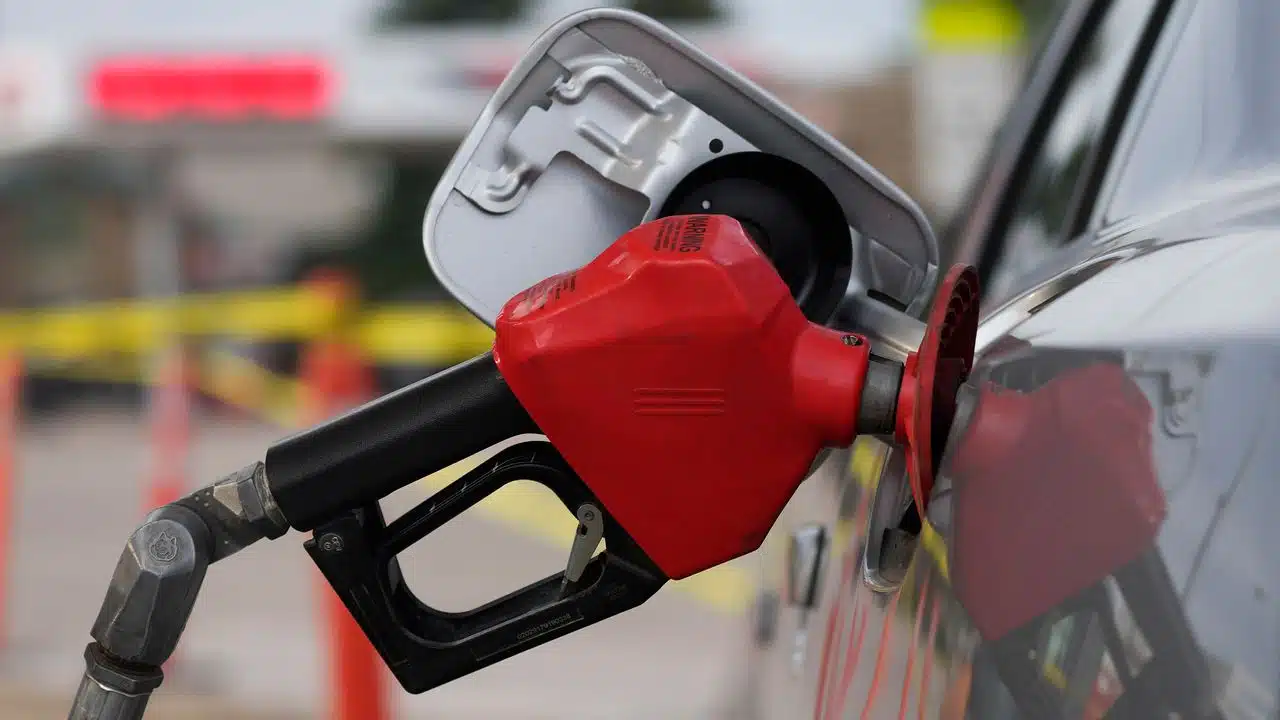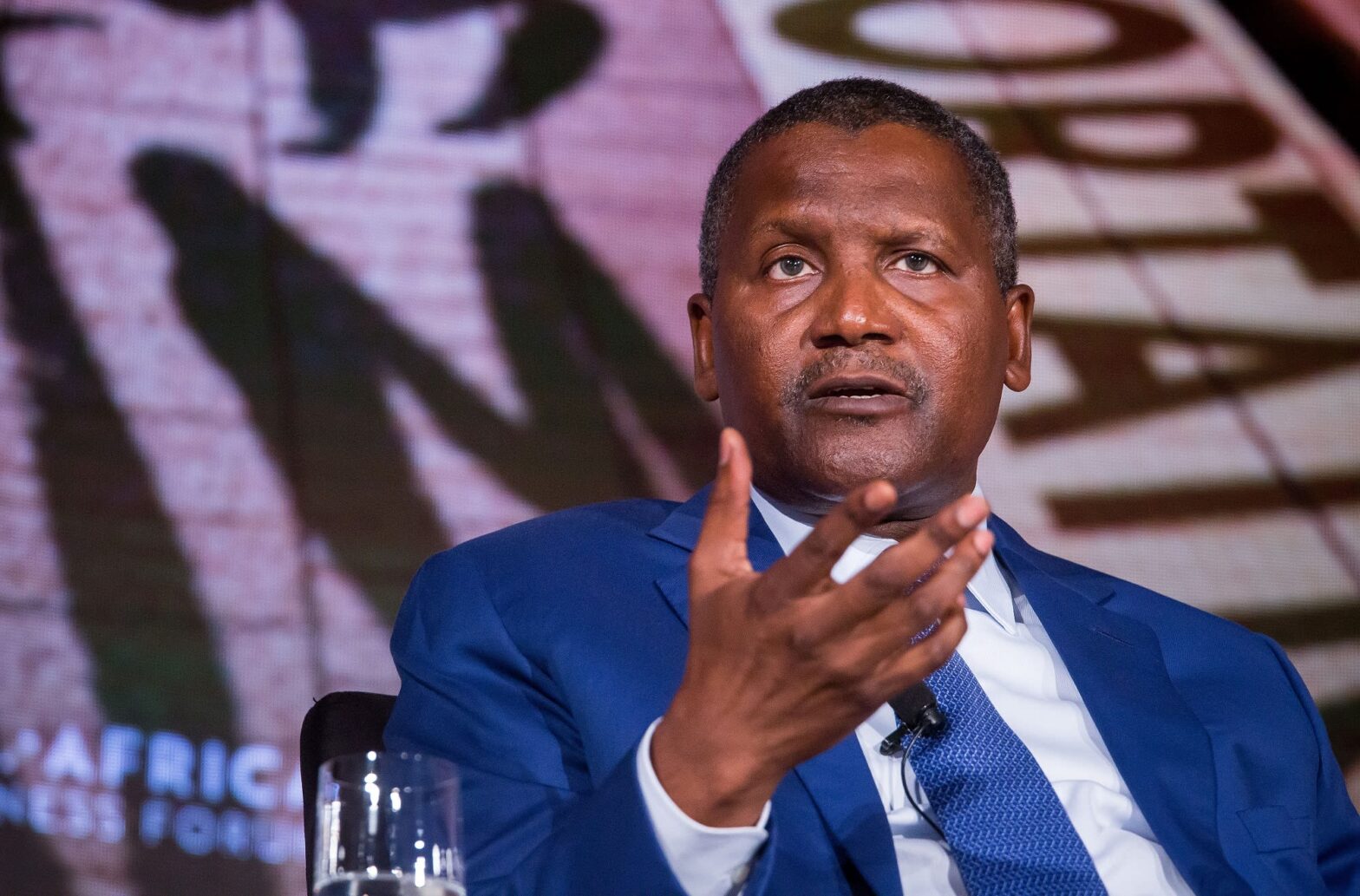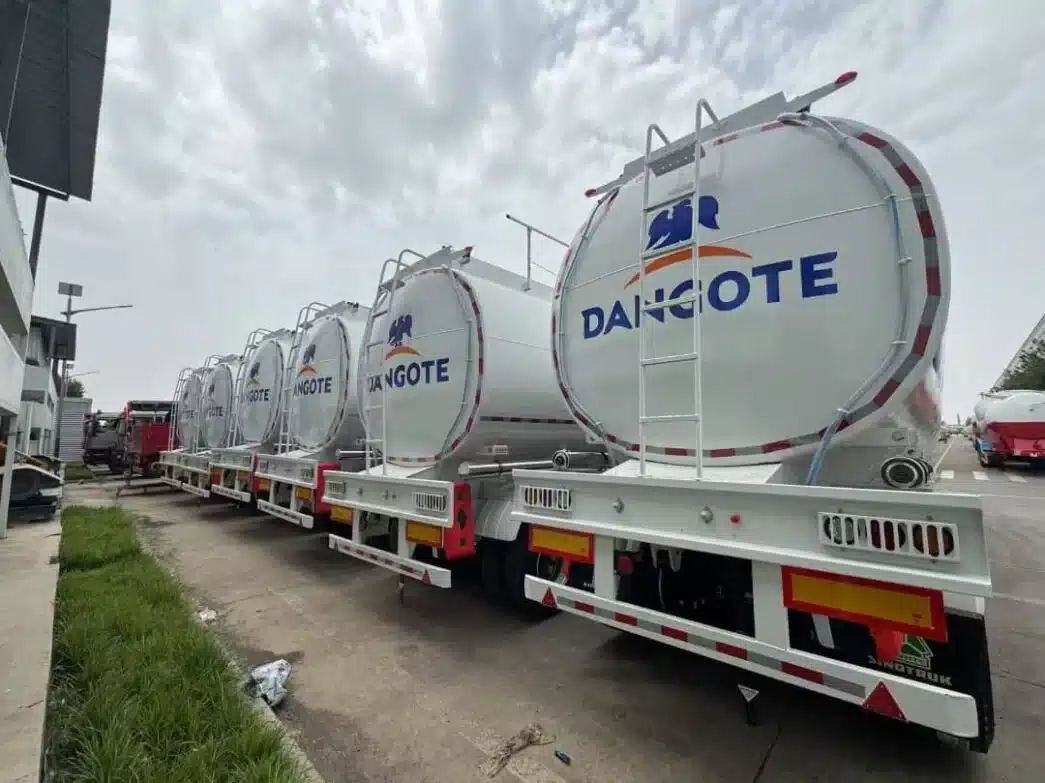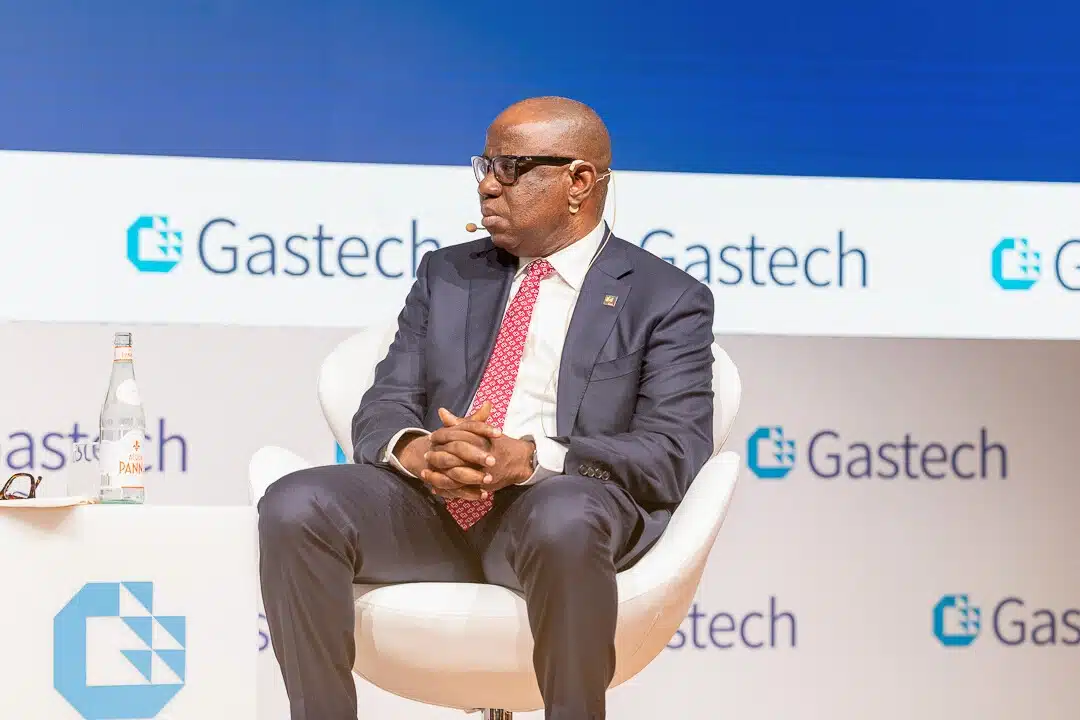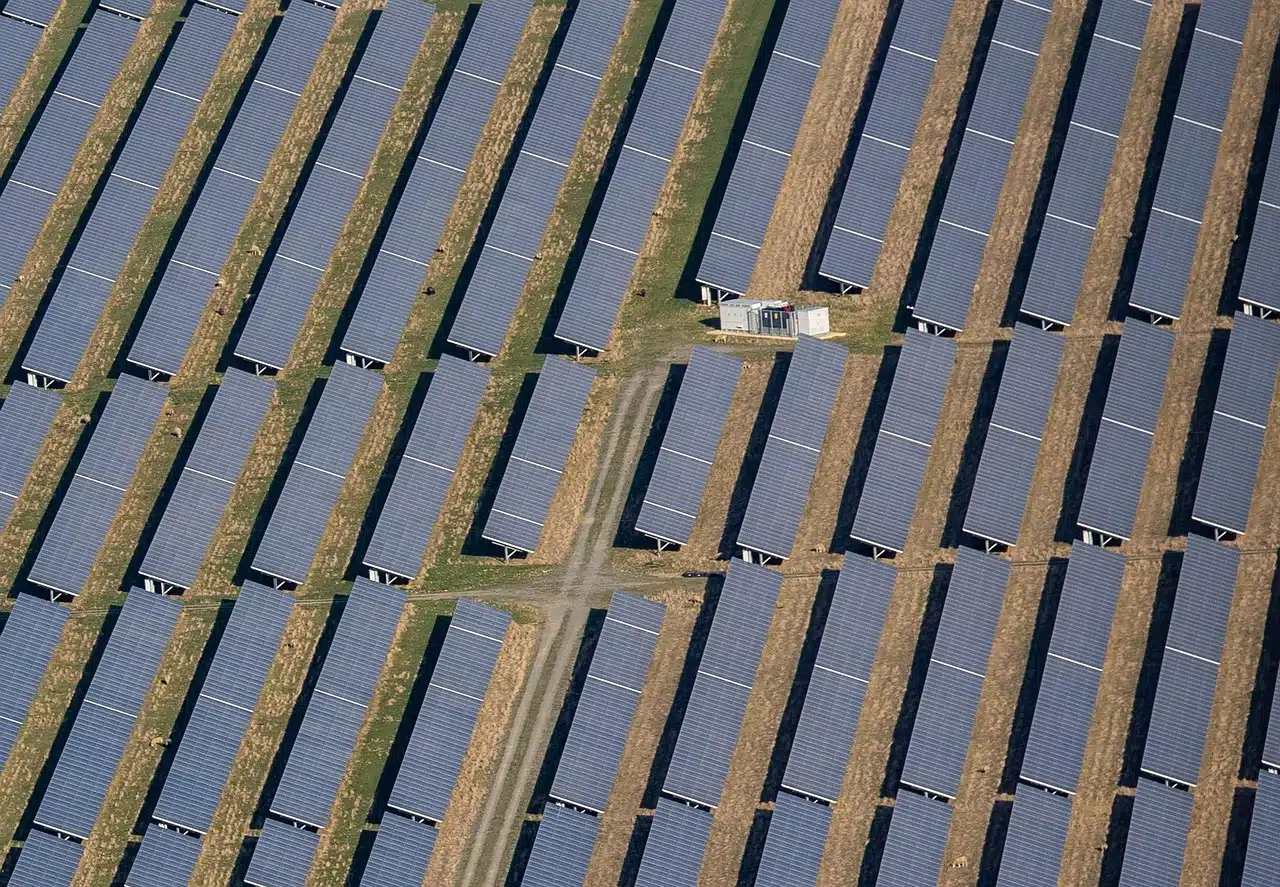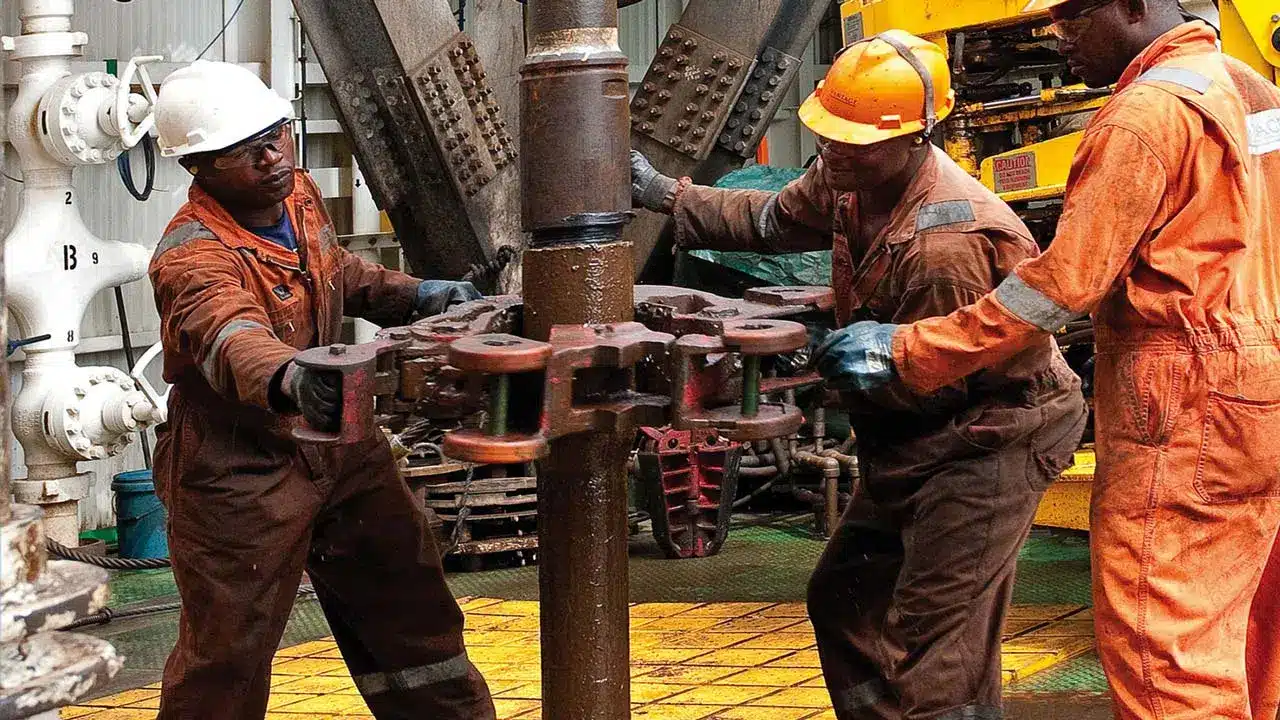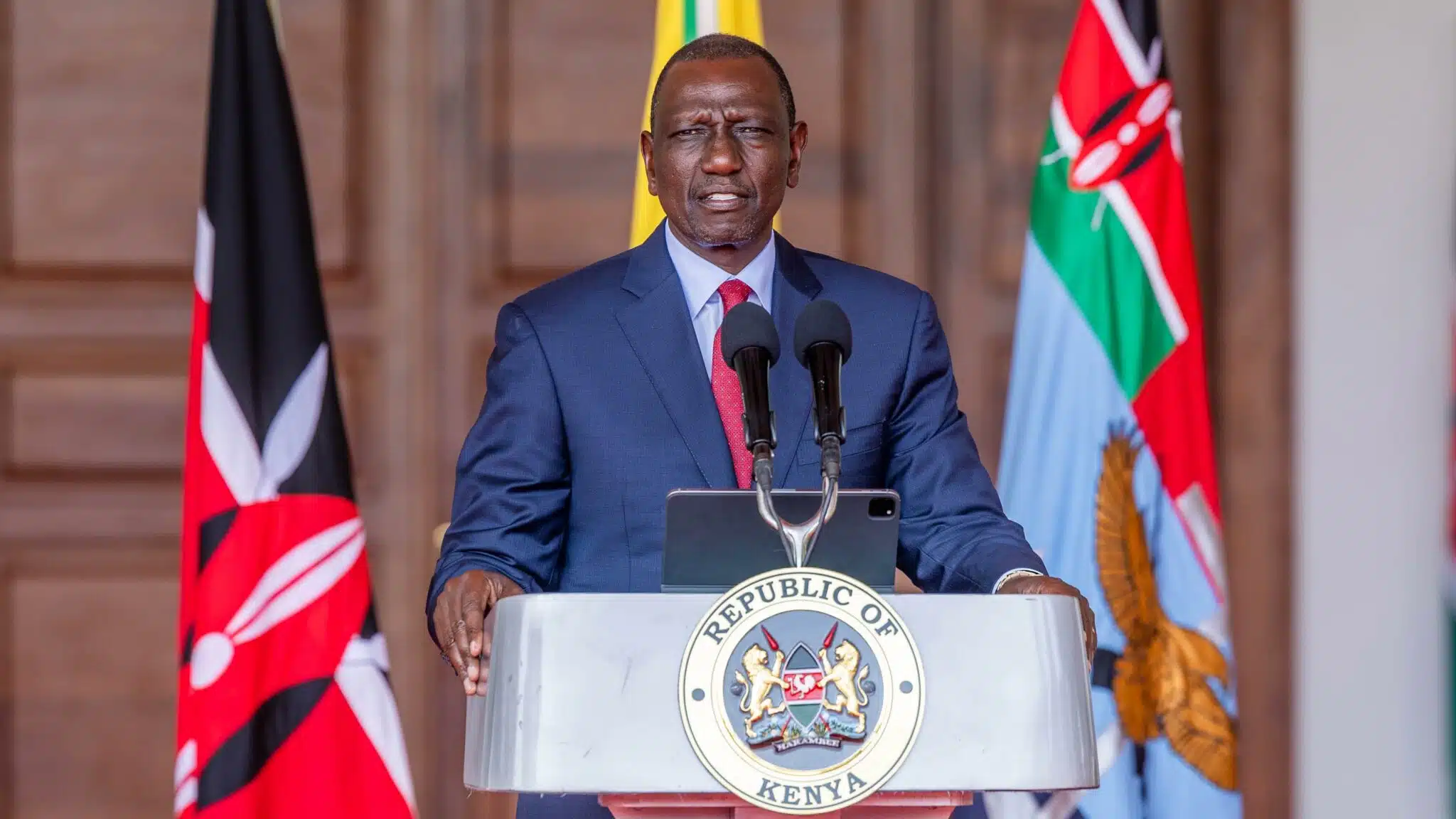Nigeria might be the only country in the world with abundant crude oil production yet still has to buy costly petrol in international currency for its energy consumption.
This has been the case for over four decades, despite efforts from both the government and private investors to change the narrative.
One such private investor is Africa’s richest man, Aliko Dangote, who bet a whopping $20 billion on a mega refinery in Nigeria.
The refinery, which took over ten years to be completed, finally began producing petrol mid-last year—raising hopes that it would end the era of costly dollarized fuel imports.
Nigeria, paradoxically, imports most of the petrol it consumes, even though it supplies the bulk of the crude oil exported from the African continent.
This reliance on imports stems from the failure of the country’s state-owned refineries, which have remained moribund for decades despite billions of dollars spent on rehabilitation efforts.
This is what makes the Dangote refinery a unique project. Spanning over 100,000 hectares in the opulent Lekki Free Trade Zone in Lagos, its emergence symbolised what a frontier market could achieve if capital and commitment found the right environment.
In June 2023, the refinery began operations.
At first, it produced diesel, then naphtha, fuel oil, and jet fuel—all of which have been supplied to local markets and exported to countries including Saudi Arabia and the United Kingdom.
The refinery also began producing petrol, a commodity that previously accounted for over 60% of Nigeria’s annual import bill.
As this was happening, the government introduced a set of reforms, including eliminating the costly but popular fuel subsidy.
With the subsidy gone, the market was thrown open to competition, with Dangote, the sole local refiner, facing off against importers in a battle for market dominance.
At the same time, the government also structured an arrangement where Dangote would source crude from Nigeria’s national oil company, NNPC, in local currency.
This was meant to hedge against price fluctuations caused by Nigeria’s volatile foreign exchange market and the unpredictability of the global economy.
Under this deal, Dangote would purchase crude from NNPC in naira and, in return, sell its refined products to Nigerian petrol marketers in the same local currency—a seemingly win-win arrangement for both the government and the refinery.
This arrangement had been in place since October last year.
However, reports began to surface that NNPC was inconsistent in supplying sufficient crude to the refinery in local currency.
As with most accusations leveled against the national oil company, NNPC denied the claims.
Then everything changed when it was announced that NNPC had halted the naira-for-crude deal, stating that the arrangement had been for a probationary period of just six months.
In response, Dangote announced that it would also stop selling its products in naira to local marketers, citing a foreign exchange mismatch.
“To date, our sales of petroleum products in Naira have exceeded the value of Naira-denominated crude we have received.
“As a result, we must temporarily adjust our sales currency to align with our crude procurement currency,” the company said in a statement.
In short, Dangote would now sell in dollars.
The dollar question
For context, Nigeria has meager dollar reserves—around $35 billion—which it uses to settle its import bills.
The country also struggles with foreign exchange earnings due to its over-reliance on crude oil, which accounts for about 90% of its total exports.
In other words, Nigeria depends on crude oil sales to fund international transactions, pay foreign debts, and meet other obligations requiring foreign currency.
Put simply, the dollar is a scarce resource in Nigeria.
Last year, the Naira depreciated by over 70% following the government’s decision to float the currency after years of artificial pegging against the dollar.
Ironically, the Dangote refinery was expected to help reduce Nigeria’s foreign exchange burden and strengthen the Naira.
At full capacity, Dangote was projected to cut Nigeria’s foreign exchange spending by at least 40%.
But with the naira-for-crude arrangement now off the table, that expectation is in doubt.
Dangote, like importers, will now have to source foreign exchange to pay for crude oil.
Likewise, marketers buying from Dangote—just like those importing fuel—will also need dollars to settle their purchases.
At the end of the day, the naira is likely to take another hit—possibly leading to further depreciation.
Dream for a post-subsidy era of cheap fuel dimmed
Many Nigerians believed that the launch of the Dangote refinery would usher in an era of affordable fuel.
This was one of the reasons why, when the government scrapped the fuel subsidy—causing pump prices to rise by over 1,000% in one year—people endured the pain, hoping for eventual relief.
However, the hope for cheap, locally refined petrol is now fading as the suspension of the naira-for-crude deal takes effect.
As research analyst Edward Hayden-Briffet of Onyx Capital Group put it:
“From an external perspective, it should be a relationship that benefits both: NNPC can sell Nigerian crude to Dangote, who can refine products domestically, and sell products to Nigerian consumers—all in Naira. Should streamline the whole process.
“What should have been a really beneficial project hasn’t delivered on its promise.”
Now that petrol sales are being dollarized again, the post-subsidy era may not live up to its promise of progressive, cheaper fuel.
Working out a new deal
Following the suspension of the naira-for-crude deal, NNPC issued a statement saying it was in discussions with Dangote to introduce a new arrangement.
However, the national oil company did not disclose the details, only stating that it would still involve a naira-for-crude model.
Would this new deal guarantee a sufficient crude supply for Dangote in local currency? How long will it last? And how long will consumers have to wait while petrol prices remain high?
As with most agreements, bureaucracy, red tape, and committees will likely slow down the approval process, adding further complications.
Some observers believe the suspension of the initial deal was a strategic move to rein in Dangote, who had aggressively cut prices in a bid to dominate the market.
Before the deal was halted, Dangote’s petrol was relatively cheaper due to repeated price reductions.
However, there is speculation that the refinery’s petrol prices will now rise, leveling the playing field with importers.
Selling in dollars is, after all, far more expensive than selling in naira.
For Nigerians, this means they may have to wait even longer for the affordable fuel they had anticipated.
With dollarization back in play, the country—and its consumers—find themselves right where they started: a crude oil-producing nation that still pays for refined fuel in international currency.
Ironically, consumers are not just paying for imported petrol in foreign currency; they are now doing the same for fuel refined in their own backyard.

